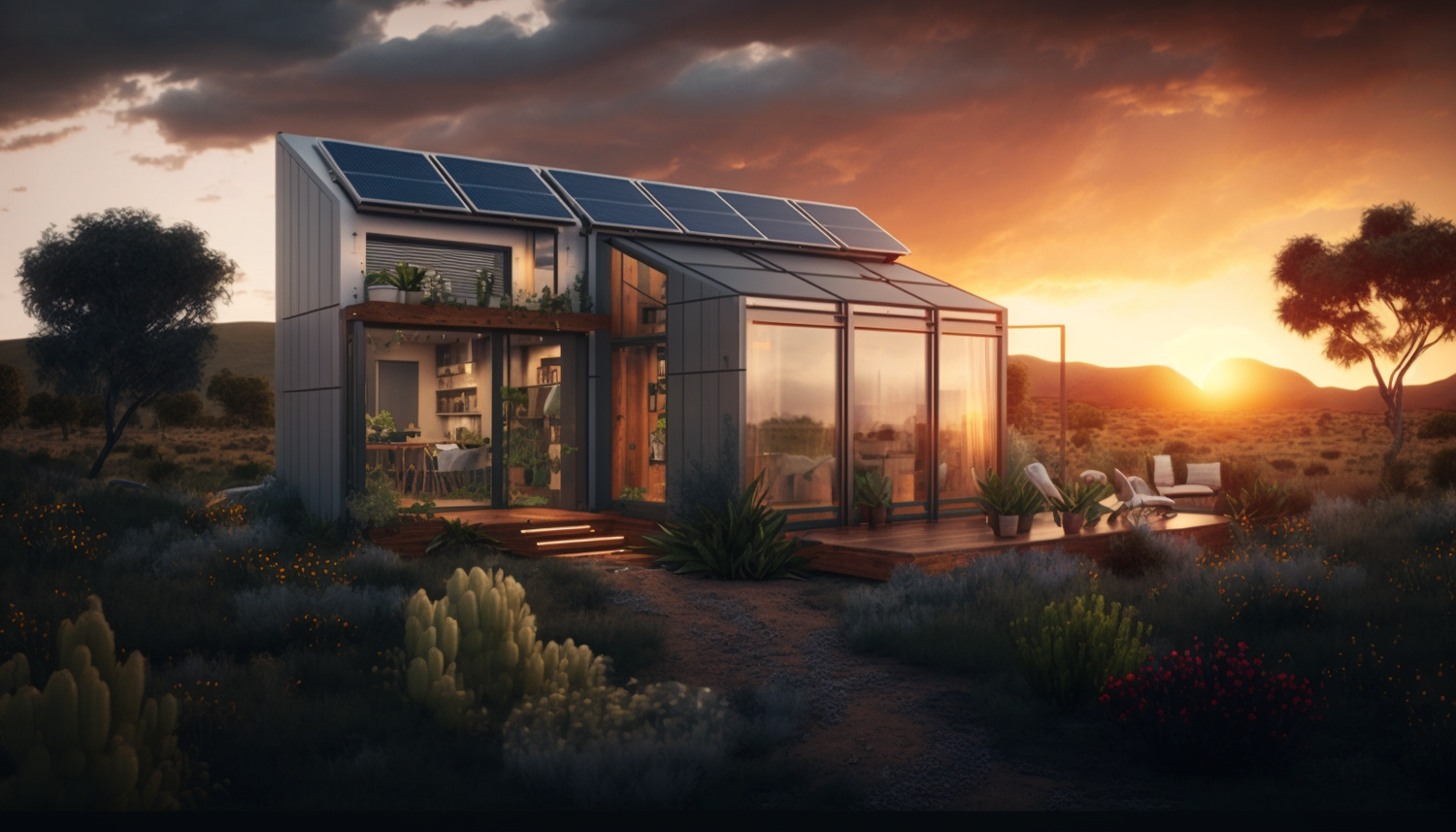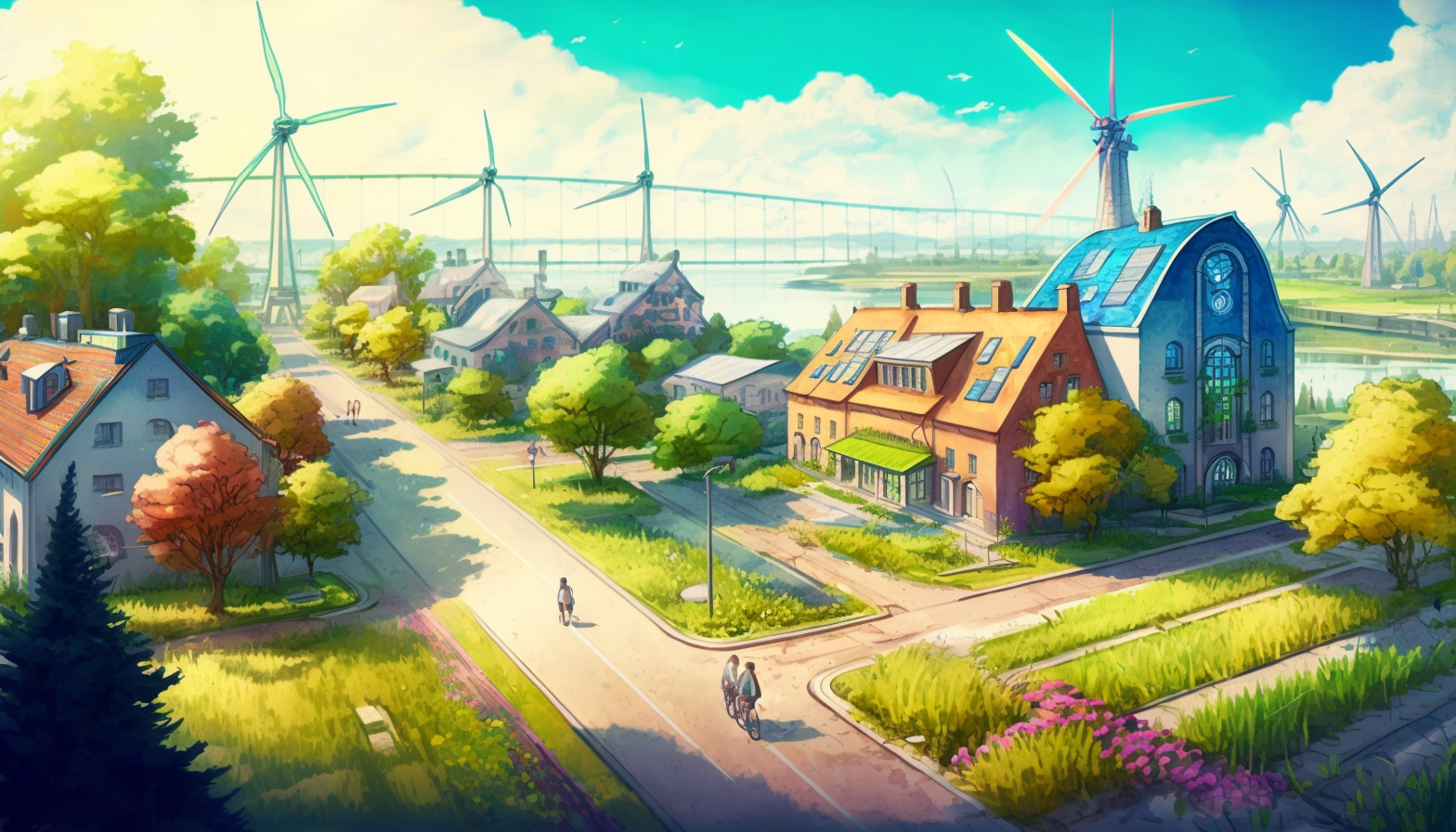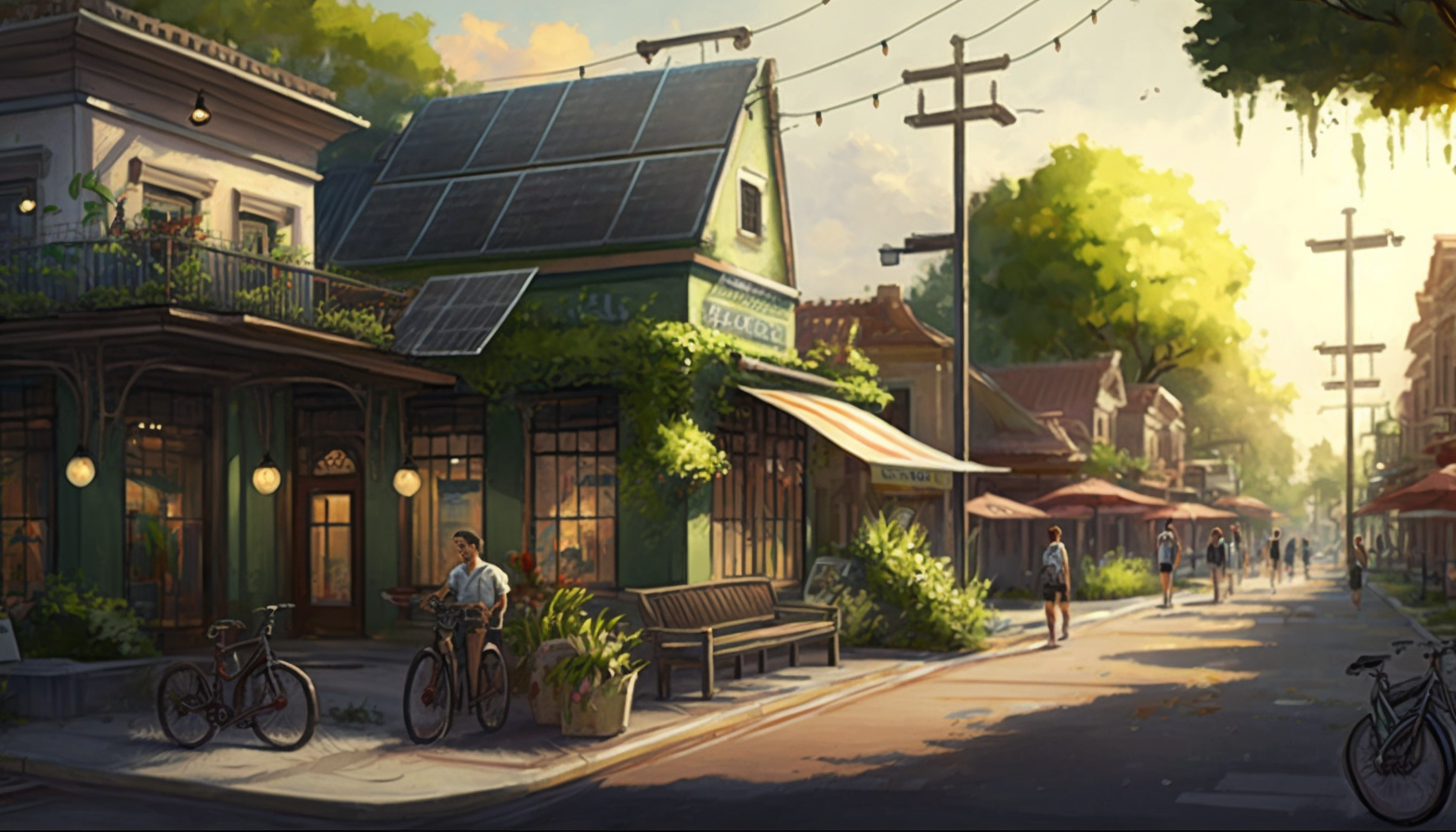Off-grid living solutions are a sustainable approach to living that gives individuals more independence and responsibility. Innovative off-grid solutions such as composting, methane digesters, solar panels, greenhouses, permaculture, pastured rotational grazing for livestock, small scale aquaponics, and others can create a more sustainable way of life that benefits both the environment and the individuals living it.
Composting is one of the simplest and most effective off-grid solutions for reducing waste and creating nutrient-rich soil. By composting organic waste, such as food scraps and yard trimmings, individuals can create a valuable resource that can be used to grow plants. This method of recycling organic waste not only reduces the amount of waste going to landfills but also promotes a sustainable approach to gardening and agriculture.

Methane digesters are another off-grid solution that creates a sustainable source of energy from organic waste. These devices capture methane gas from animal waste and other organic materials, which can then be used as a fuel source for cooking and heating. This is a sustainable and renewable energy source that reduces the need for fossil fuels and other non-renewable resources.
Solar panels are an essential component of off-grid living solutions, providing a sustainable and renewable source of energy. Solar panels can be used to power homes, businesses, and entire communities, reducing the reliance on traditional energy sources that contribute to climate change.
Greenhouses and permaculture techniques can be used to grow food in a sustainable way, reducing the need for large-scale industrial agriculture that relies on fossil fuels and chemicals. By using sustainable methods such as crop rotation, companion planting, and natural pest control, individuals can create a more resilient and sustainable food system that benefits both the environment and local communities.
Livestock can also be raised in a sustainable way, such as through pastured rotational grazing. This method of raising livestock involves rotating them through pastures, allowing them to graze on fresh grass and reducing the need for feed and other inputs. This not only promotes animal welfare but also creates a more sustainable food system.
Small-scale aquaponics is another off-grid solution that creates a sustainable source of food. This method of growing fish and vegetables together in a closed-loop system uses very little water and no soil, making it an ideal solution for areas with limited resources. It is also a highly efficient system, using less water and producing more food than traditional farming methods.
Local food, energy, and water production will become increasingly important as automation and AI eat away at good jobs in the middle class. Sustainable, local living fixes many problems. It creates good jobs, reduces food miles, reduces the need for cars, and gives people more independence. By promoting local food, energy, and water production, we can create a more self-sufficient and resilient society that is better equipped to face the challenges of the 21st century.

Off-grid living also promotes a simpler way of life that is more fulfilling and less stressful. It encourages people to connect with nature and with each other, leading to stronger communities and healthier individuals. Hybrid homeschooling and micro-mobility solutions further support this lifestyle by giving families more flexibility and autonomy.
However, it is important to recognize that there is no one-size-fits-all solution to sustainability. Different communities and regions will have different needs and challenges, requiring diverse solutions. Off-grid living solutions can provide a framework for sustainable living, but it is important to tailor these solutions to the unique circumstances of each community.
In conclusion, off-grid living solutions are the way of the future. By providing individuals with more independence and responsibility, we can create a more sustainable and fulfilling way of life that benefits both the environment and local communities. By promoting local food, energy, and water production, we can create a more self-sufficient and resilient society that is better equipped to face the challenges



Leave a comment
This site is protected by hCaptcha and the hCaptcha Privacy Policy and Terms of Service apply.